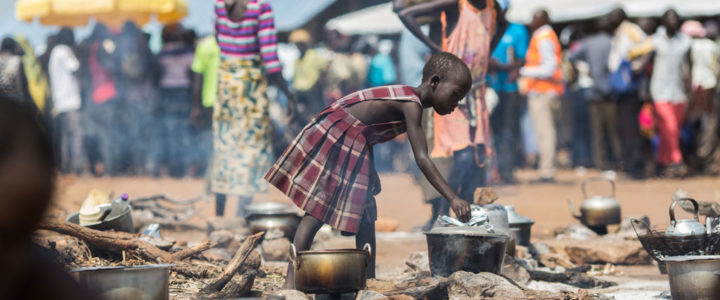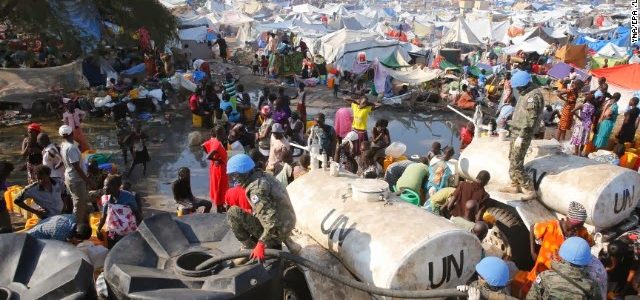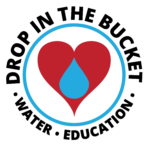Every day, between 2,000 and 4,000 people cross the border from South Sudan to Northern Uganda seeking nothing more than survival.
Since the fighting broke out in 2013, more than 1.5 million people have fled South Sudan, making it the world’s fastest growing refugee crisis. More than half of these refugees have resettled in Northern Uganda. Fortunately for them, Uganda has one of the most welcoming refugee policies in the world. Refugees are not just given temporary shelter, they are also provided with land to settle and grow crops.

But this unprecedented mass influx is placing enormous strain on the country’s resources and local infrastructure. The UN estimates that it only has 14% of the funding necessary to meet the needs of the men, women and children in these camps.
In an effort to address the crisis, the government recently established Palabek Refugee Settlement in Lamwo District of northern Uganda. Palabek currently hosts 30,000 refugees and that number is growing daily. But the camp needs basic infrastructure to operate. There are currently no organizations drilling for water in the camp and the people are drinking water that is trucked in from a nearby river.

DROP teams are perfectly positioned to help with the crisis. Our drilling equipment is being mobilized now to Palabek. And our team has been warmly welcomed by everybody from aid agencies, national government and refugees because we have funding to start drilling the first five wells. But they will need more water!
This is where you can help! We are appealing to you, our donors, to help us raise funds for an additional ten wells. Any donation will help. In return, we will share photos during the drilling and keep you updated on our progress. By giving the settlement clean water, we can immediately start saving lives in what is being called Africa’s largest humanitarian crisis. Please click this link to make a donation.
